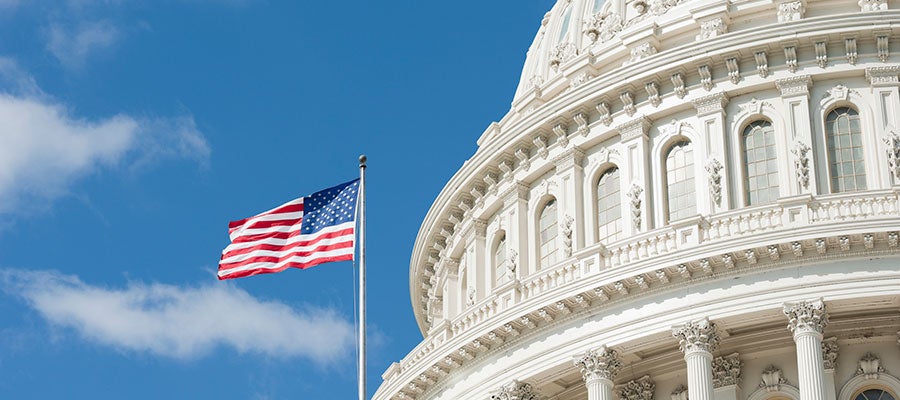
The departments of Health and Human Services, Labor and the Treasury will reopen the public comment period for their proposed rule to improve the No Surprises Act independent dispute resolution process for 14 days beginning Jan. 22 to provide additional time for interested parties to comment.








